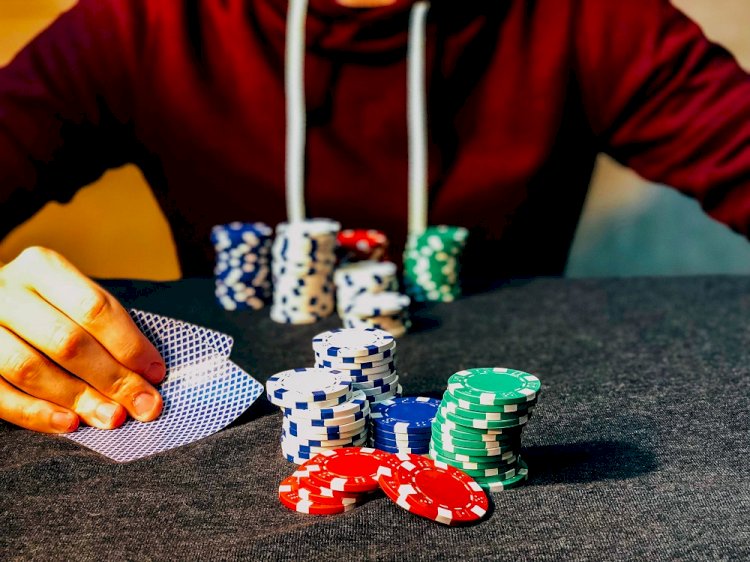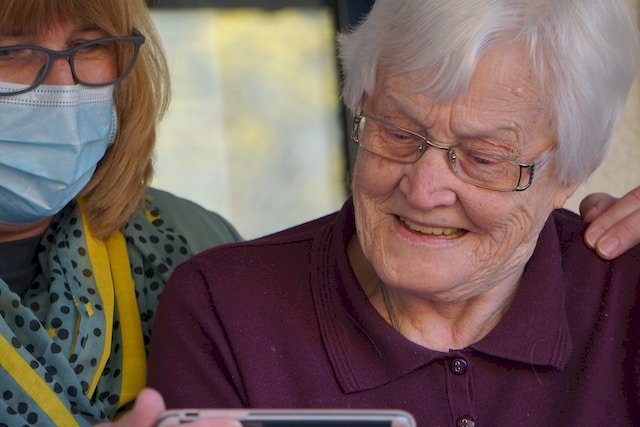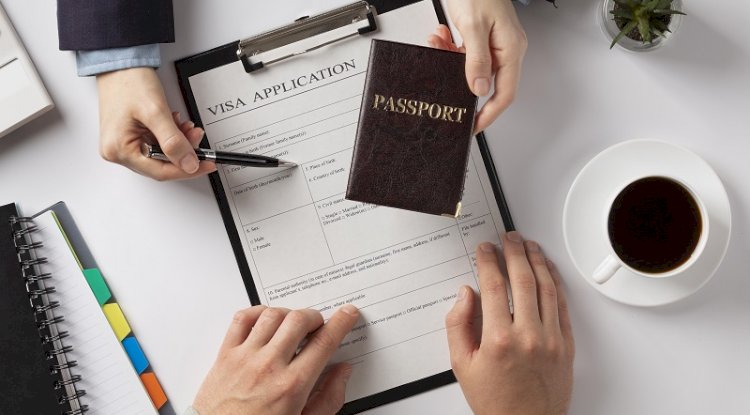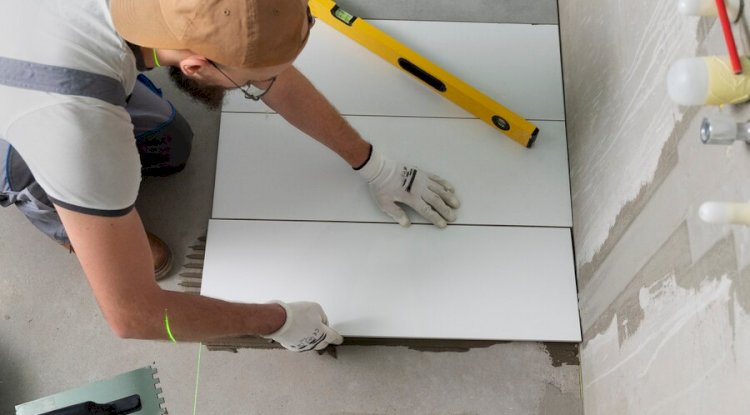How to Help Someone With Gambling Addiction
Gambling addiction is a serious problem and can affect people from all walks of life.

Most of us can play a couple of hands of poker with our friends and enjoy it. But, for some, it’s not a hobby anymore. Gambling addiction is a serious problem and can affect people from all walks of life.
And, it may be happening to someone very dear to you. If one of your loved ones is engaging in problem gambling, there are steps you can take to help them stop their addiction and live a normal life.
Understanding Gambling Addiction
It’s all about impulse control. Some people may develop a problem as soon as they place their first bet. But, most gradually progress into gambling addiction. Such compulsions develop more quickly in individuals who gamble continuously.
So, people who play card games with natural breaks may not develop a problem so soon. Problems occur when they have been doing it for a longer period. If someone you know has just started playing games of chance, there’s no need to panic right away. But, it’s important to be on the lookout for signs of compulsion.
How to Recognise a Gambling Problem
Science can’t exactly pinpoint what leads to such issues. Environmental or even hereditary factors can be the main culprit. Be on the lookout for these signs:
-
Covering gambling debts with loans
-
Committing fraud or stealing to support the habit
-
Attempting to hide their problem from family and friends
-
Not being able to stop or cut back
-
Spending much more time doing it that before
-
Gambling addiction interfering with school or work
-
Straining personal relationships because of gambling
-
Spending more money on it than they can afford
-
Preoccupation with games of chance
Discuss the Problem with Them
Like most addicts, they are likely to deny there's a problem. Because of that, it’s important to discern whether it’s just a hobby and casual pastime for them or is it something that is causing serious issues.
Even if you conclude it’s just an innocuous hobby, you can float the idea of using only online casinos that take problem gambling seriously and suggest they be on the lookout for predatory gambling platforms.
Look at your relationship with the person to decide if you should be the one to discuss the issue with them. Are you a family member? Close friend? Or are you a coworker? If you’re not that close, you’d want to discuss the problem with their spouse or family member first.
If you go directly to them, start with, “Do you think you have a problem?” After they answer, continue with, “I am worried about you because I care about you. I’ve noticed you’ve dug into your savings and that you are gambling more often. I’d like us to see whether it has become a problem.” You can also say. “I thought you said you’d only gamble £10 but you lost hundreds.”
Don’t Judge
Chances are, the person will become defensive. Avoid accusations and try to remain calm. Express sympathy rather than blame or anger.
Start sentences with “I” instead of “you.” For instance, “I am worried about how much you are spending,” is much better than, “you are wasting everything you have.”
Don’t strictly focus on this issue. Ask them about their life in general. Are you battling depression? Do you have any other personal issues? It there’s something that makes you unhappy?
Identify Triggers
Typically, every compulsive gambler has specific triggers. A trigger can be a specific mood, feeling, situation, or item. Here are some common triggers:
-
Having game of chance paraphernalia and trinkets in the house. Help the person organise their living space in a healthy manner.
-
Being in need of cash or having extra money in the bank account.
-
Being near a casino, lottery cards, a place with Keno, horse track, etc.
-
Boredom.
-
Extremely low or high moods.
Encourage Treatment

Gambler’s hotlines are a good starting point. They can help the person come to terms with their problem. In the UK, they can call the National Gambling Helpline at 0808 8020 122. For the US, check the listing on Gambler’s Anonymous.
Encourage them to seek treatment. Keep in mind that they must come to terms with their addiction first. Therapy sessions may help them discover underlying conditions that exacerbate the issue. Show support by expressing how proud you are that they’ve acknowledged their addiction.
Help them join a self-help group. Offer to go to a meeting with them. There, they can learn from other people who share the same difficulties. Support groups are a good place to discover new coping techniques. Gamblers Anonymous is a popular support group. Chances are, there’s one in your area.
Keep the Person Busy
Encourage them to fill their downtime with useful helpful activities. If possible, find activities that you can do together. Suggest doing yoga or going to movies together. You can work on a list of books they have been wanting to read and set up your own mini-book club. Pursuing other hobbies is key as the person struggling needs to fill the void.
Conclusion
Coping with a compulsive gambler can be exhausting. It’s important to protect yourself, too. Remember the cabin safety rule: put the oxygen mask on yourself first. Helping a gambler can take a while. Make sure you have enough energy to help your situation first.
Share
What's Your Reaction?
 Like
3
Like
3
 Dislike
0
Dislike
0
 Love
0
Love
0
 Funny
0
Funny
0
 Angry
0
Angry
0
 Sad
0
Sad
0
 Wow
0
Wow
0


















